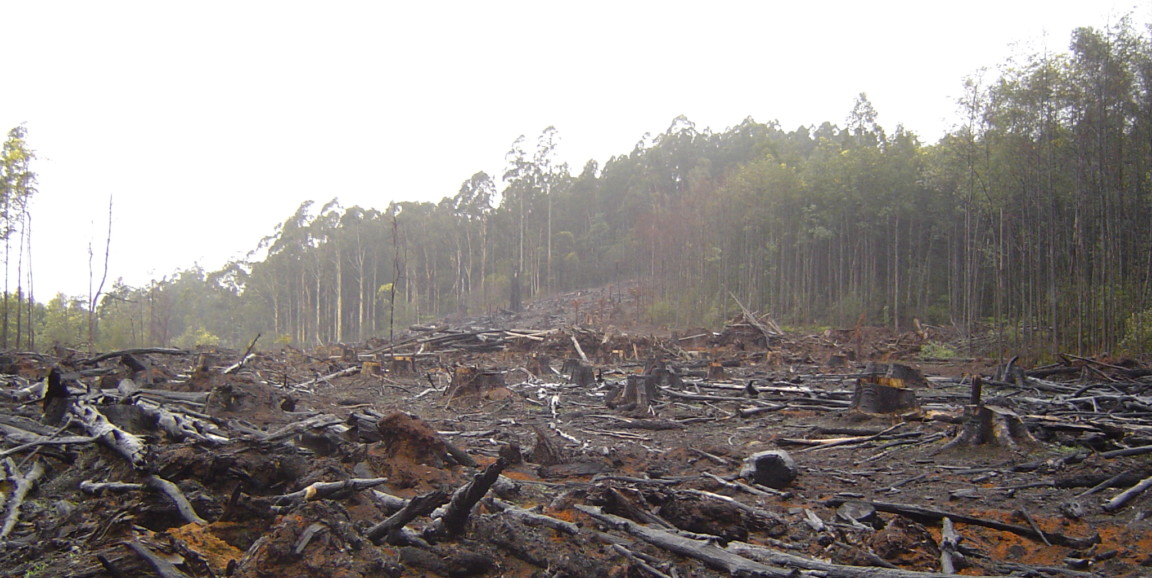Massive fires burning across the Brazilian Amazon in recent months have caused major environmental havoc. The destruction of habitat for wildlife and the threat to the land of indigenous peoples is alarming in itself, but the effects of these events and more of deforestation may not just be limited to environmental disaster -- it could have an impact on global public health.
A new study by Stanford researcher Erin Mordecai, PhD, and Andy MacDonald, PhD, from the University of California, Santa Barbara, has found that areas with significant deforestation saw many more cases of malaria. The study appears in Proceedings of the National Academy of Sciences.
"Deforestation is a huge issue in the Brazilian Amazon because of the political and economic pressures pushing up against environmental health, biodiversity, social justice, and indigenous rights," Mordecai said. "We found deforestation is not only an ecological disaster but also a major threat to human health.
The researchers used trends in deforestation in the Amazon and compared it to data on malaria cases in the respective areas. In every model the researchers ran, they found consistent the effect of deforestation on malaria transmission over time. Not only did the model point to the connection that more deforestation led to more malaria, but, interestingly, more malaria decreased the subsequent amount of deforestation.
"For every square kilometer of forest lost we can expect about six new cases of malaria," Mordecai explained. "At the same time, malaria affects the productivity and well-being of the populations settling the interior of the Amazon, where every malaria case leads to about 0.07 fewer square kilometers of forest being cleared."
"The findings suggest that if we can focus conservation on regions of the Amazon that are more intact, then we could potentially have a win for conservation and a win for human health," MacDonald said.
In the future, the researchers seek to probe the underlying mechanisms between these relationships. They suspect that cleared forests may increase mosquito breeding habitat on forest edges or that altering the microclimate to increase temperature may influence how fast the mosquito, and the malaria parasite, develop.
"This is a clear case where deforestation is a lose-lose for the environment and public health, which is mostly borne by subsistence farmers and other settlers with few other economic opportunities," Mordecai said.
Photo by crustmania




